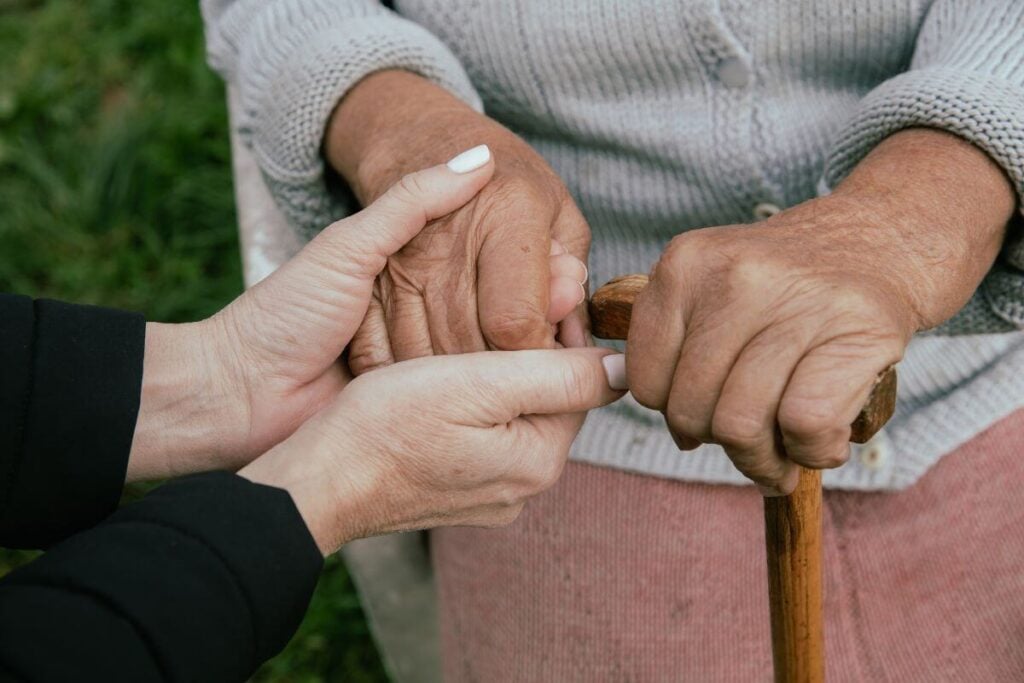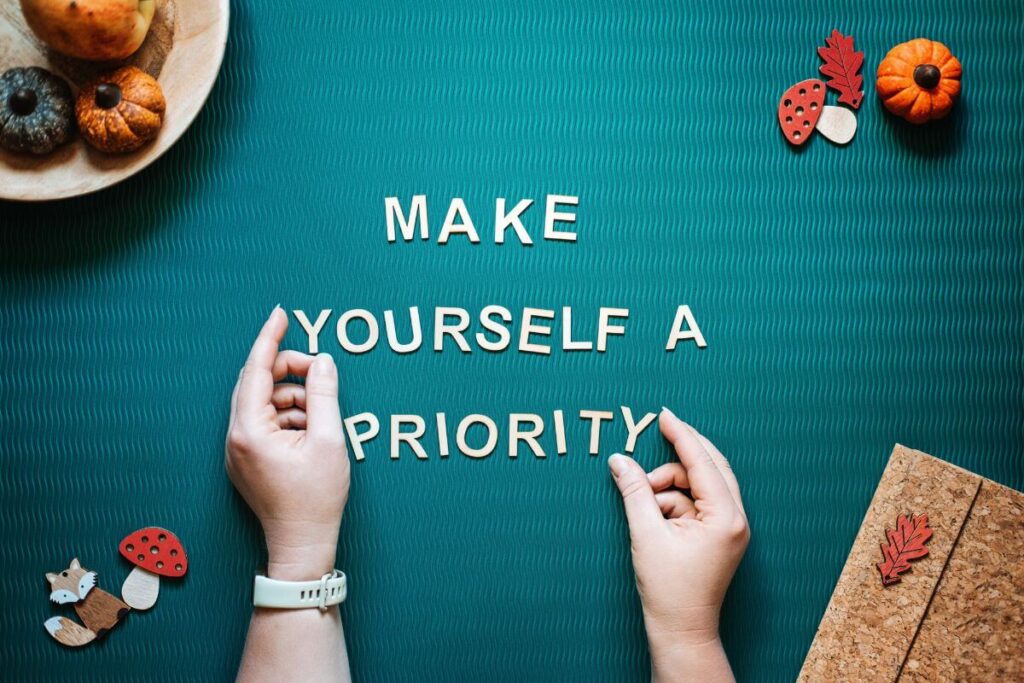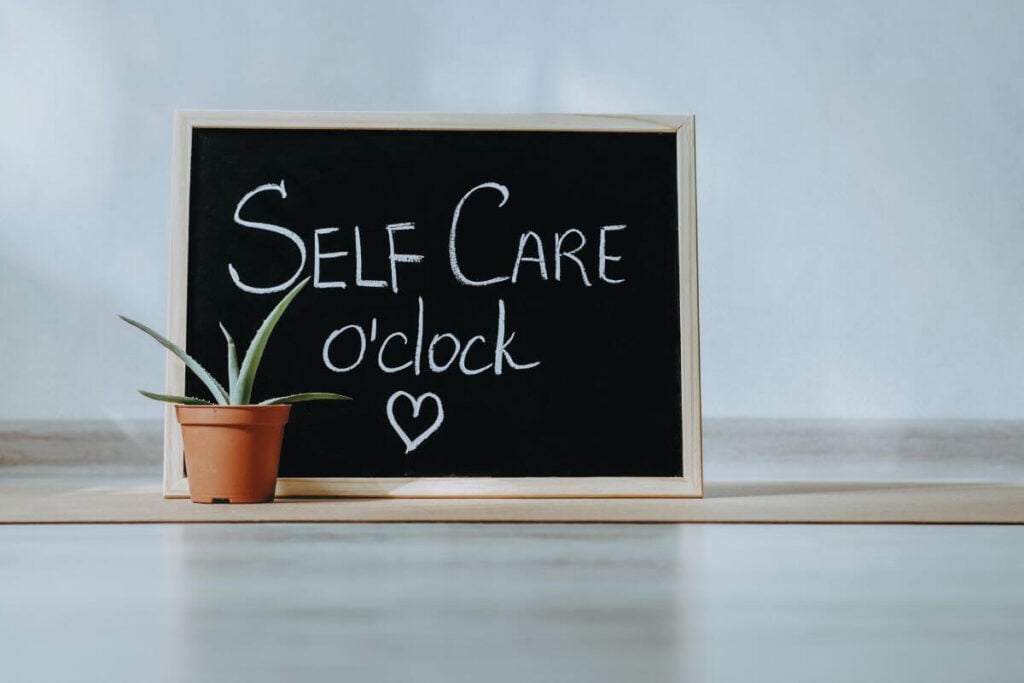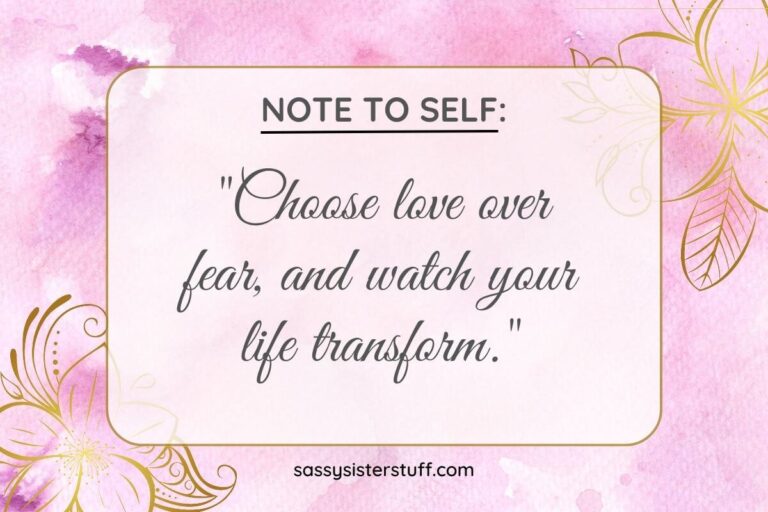Balancing Caregiving and Self-Care: Finding Peace in the Middle
Caring for someone you love is one of the most selfless acts in the world—but it can also be one of the most exhausting. Between doctor appointments, daily tasks, and emotional ups and downs, it’s easy to lose yourself in the process. Yet, you can’t pour from an empty cup. Finding peace in the middle—that delicate space where you’re balancing caregiving and self-care—is not only possible, it’s essential.
In this article, we’ll explore practical ways to care for yourself while caring for others, so you can feel more balanced, centered, and at peace. Whether you’re looking for small daily habits or a mindset shift to lighten your load, you’ll find encouragement here to help you reclaim your energy and nurture your own well-being—one moment at a time. I’ve been where you are, and I know what has to be done.


Why Caregivers Struggle to Balance Care and Self-Care
If you’ve ever felt torn between caring for your loved one and taking a moment for yourself, you’re not alone. Most caregivers know they should rest or recharge, but actually doing it feels impossible. There’s always another meal to prepare, a medication to manage, or a phone call to return. Before long, the days blur together and your own needs quietly slip to the bottom of the list.
Many caregivers also wrestle with guilt. Taking time for yourself can feel selfish when someone else depends on you. But the truth is, constant self-sacrifice leads to exhaustion, resentment, and burnout — and that doesn’t help anyone. Finding balance isn’t about choosing between your loved one and yourself; it’s about learning how to care for both.
The emotional side of caregiving can make things even harder. Watching someone you love struggle can stir up sadness, worry, or even anger. These feelings are completely normal, but without outlets for support, they can weigh you down. That’s why giving yourself permission to rest, breathe, and reconnect with who you are is one of the most powerful forms of caregiving there is. Make yourself a priority.
Why Prioritizing Yourself Matters as a Caregiver
It can feel uncomfortable to place your own needs alongside the needs of someone you love. Many caregivers have spent so much time giving to others that self-care begins to feel unfamiliar—or even indulgent. Yet caring for yourself is not a luxury; it is a necessity. When you are rested, nourished, and emotionally centered, you have the strength and clarity to provide the compassionate care your loved one deserves.
Prioritizing yourself also helps to prevent the gradual exhaustion that so often leads to burnout. Fatigue, irritability, and difficulty concentrating are not signs of weakness; they are reminders that your body and mind require attention. A few intentional moments each day—a quiet cup of coffee, a short walk, or a phone call with a trusted friend—can make an extraordinary difference.
By choosing to honor your own well-being, you are modeling balance and resilience. You remind yourself, and those around you, that caregiving is not only about tending to another’s needs but also about sustaining your own capacity to give from a place of love and peace.

Simple Self-Care Strategies for Busy Caregivers
Finding time for yourself may feel like a distant dream—but self-care doesn’t have to mean a full day off or an expensive getaway. It’s about weaving small, meaningful moments into your everyday routine. These little pauses can help you reset, refocus, and keep your spirit strong, even on the hardest days.
Make Time to Plan
Caregiving can feel overwhelming if you’re constantly reacting to needs as they arise. One of the most effective ways to stay balanced is to make time to plan. Even a few minutes at the start of the day or week can help you prioritize tasks, schedule self-care breaks, get organized, and reduce unexpected stress.
Planning doesn’t have to be complicated. Use a simple notebook, calendar app, or sticky notes to jot down appointments, medication schedules, or even small personal reminders—like taking a short walk or enjoying a quiet cup of tea. When you have a clear plan in place, caregiving feels more manageable, and you’ll have space to care for yourself without guilt.
Consider these 3 tips for daily planning:
- Set aside 10–15 minutes each morning or evening to review your day.
- Highlight the top 2–3 priorities for caregiving and for yourself.
- Use reminders or alarms to make sure you actually take your self-care breaks.
Daily Mini Moments of Peace
Start with the small things. Take a few deep breaths before you walk into your loved one’s room. Step outside for five minutes of fresh air. Savor your morning coffee without multitasking. These moments might seem minor, but they can help your body relax and remind your mind that you matter too.
Nourish Your Body
It’s easy to skip meals or stay up too late when your to-do list never ends, but your physical health directly affects your emotional well-being. Try to eat balanced meals, drink enough water, and sneak in gentle movement—like stretching, walking, or dancing to your favorite song while folding laundry. Think of these small acts as refilling your energy tank.
Stay Connected
Caregiving can feel isolating, especially when your friends don’t fully understand your daily challenges. Reach out anyway. Call someone who lifts your spirits, join an online caregiver community, or talk with a counselor. Staying connected reminds you that you’re not alone—and sharing your story can lighten your emotional load.
Set Boundaries and Ask for Help
You can’t (and shouldn’t) do it all yourself. It’s okay to say no, delegate tasks, or accept offers of help from family and friends. Setting healthy boundaries protects your energy and allows you to give from a place of love rather than exhaustion. Remember, asking for help doesn’t mean you’re failing—it means you’re being wise.
Be Mindful of Your Needs and Emotions
Caring for someone else can sometimes make you feel like your own needs don’t matter—but they do. Being mindful of your needs and emotions helps you stay grounded, prevent burnout, and maintain patience.
Take time to notice how you’re feeling, acknowledge your emotions, and respond with compassion toward yourself. Journaling, mindfulness exercises, or simply pausing to take a deep breath can help you process stress, guilt, or frustration before it builds up. By tuning into yourself, you create a foundation of emotional resilience that benefits both you and your loved one.

Finding Peace and Balance as a Caregiver
Peace doesn’t always mean quiet moments or perfectly balanced days. Sometimes, it’s simply the calm you create within the chaos—the deep breath you take when things feel overwhelming, the gratitude you find in small victories, or the gentle reminder that you’re doing your best.
Finding peace in the middle of caregiving isn’t about doing everything right; it’s about releasing the pressure to be perfect. Some days will feel heavy, and others will flow with ease. The key is learning to honor both without judgment. When you allow yourself to pause, reflect, and recharge, you begin to feel steadier, more grounded, and better equipped to face whatever comes next.
You deserve the same compassion you give so freely to others. By nurturing yourself, you’re not taking away from your caregiving—you’re strengthening it. And in that sacred middle ground, between caring and being cared for, is where peace truly lives. Give yourself grace in this caregiving role.

FAQs about Balancing Caregiving and Self-Care
Caring for someone you love is rewarding—but it can also be challenging. Many caregivers have questions about how to protect their own well-being while providing the best care possible. Here are helpful tips and guidance for balancing caregiving and self-care:
1. Understanding Self-Care for Caregivers
Practicing self-care is essential, not selfish. Taking time for yourself helps prevent burnout and allows you to provide compassionate, consistent care. Remember, when your needs are met, your loved one benefits too.
2. How to Find Time for Self-Care as a Busy Caregiver
Even caregivers with the busiest schedules can incorporate self-care. Simple strategies like short mindfulness breaks, a five-minute walk, or enjoying a quiet cup of tea are effective self-care tips for busy caregivers. The key is consistency, even in small moments.
3. Quick Self-Care Activities for Caregivers
Journaling, stretching, listening to music, or connecting with a friend are excellent quick self-care ideas for caregivers. These small, regular practices can dramatically improve your energy and emotional well-being.
4. How to Set Healthy Boundaries While Caregiving
Learning to set healthy boundaries protects both you and your loved one. Saying “no,” delegating tasks, and asking for help are signs of strength—not failure. These caregiver boundaries help you maintain balance and reduce stress.
Pin to your Sassy Sister Stuff Pinterest Board
5. Accessing Support and Caregiver Resources
Support can come from friends, family, local groups, online communities, or professional counseling. Resources like support groups, online forums, and caregiver hotlines offer guidance, encouragement, and practical tools to help caregivers feel empowered and supported.
6. Recognizing Signs of Caregiver Burnout
Watch for fatigue, irritability, trouble sleeping, or loss of interest in activities you enjoy. Recognizing caregiver burnout symptoms early allows you to take action, prioritize self-care, and prevent long-term exhaustion.
7. How to Reduce Daily Stress for Caregivers
Short breaks, deep breathing exercises, gentle movement, and mindfulness are excellent ways to reduce stress. Planning ahead, delegating tasks, and connecting with supportive friends also provide effective stress relief tips for caregivers.
8. Benefits of Self-Care on Caregiving
Prioritizing your own physical, emotional, and mental health gives you patience, energy, and clarity. The benefits of self-care for caregivers go beyond personal well-being—they directly improve the care you provide.
9. Simple At-Home Self-Care Habits for Caregivers
Simple habits like drinking enough water, taking short walks, journaling, practicing gratitude, or enjoying hobbies—even for a few minutes—help maintain balance. These simple caregiver self-care ideas fit easily into daily routines.
10. How to Balance Work, Family, and Caregiving Responsibilities
Managing multiple responsibilities can feel overwhelming. Prioritize tasks, set realistic expectations, and ask for help when needed. Learning to balance work, family, and caregiving helps you stay grounded while caring for yourself and others.

Final Thoughts
Balancing caregiving and self-care isn’t about getting it all right—it’s about giving yourself grace. You can care deeply for someone else and still honor your own needs. Both matter. Both deserve space.
Even small acts of self-kindness can shift your energy and restore your spirit. Remember, you are not just a caregiver—you are a whole person with dreams, emotions, and a heart that needs nurturing too.
Caring for someone you love takes heart, strength, and courage—but remember, you deserve care too. As you care for your loved one, don’t forget to care for yourself, too. 🌿 Take a moment today to rest, breathe, and remember that your well-being matters.
You may enjoy these lighthearted Related Articles:
- 10 Fun Facts for Senior Citizens and Adult Caregivers
- 79 Uplifting Quotes About Caring for Elderly Parents
Love to ALL! ~ Susan







